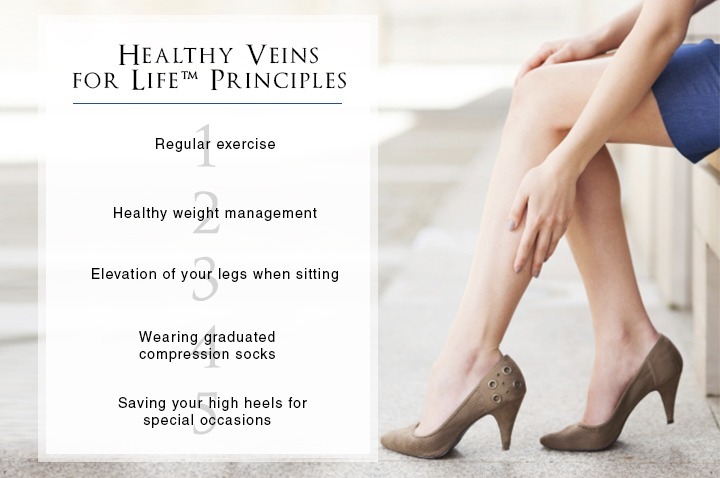Spider veins are unsightly and unwelcome. The worst part, spider veins do not discriminate! They affect men and women of any age. Despite effective non-invasive treatment options, many people try at-home remedies before visiting a vein specialists of phlebologist. The million-dollar question is: do home remedies for spider veins work , or should you skip the DIY and head straight to a specialist? Below are some of the most popular spider vein at-home and professional treatments available to help with spider veins.



 Non-invasive laser treatments
Non-invasive laser treatments






